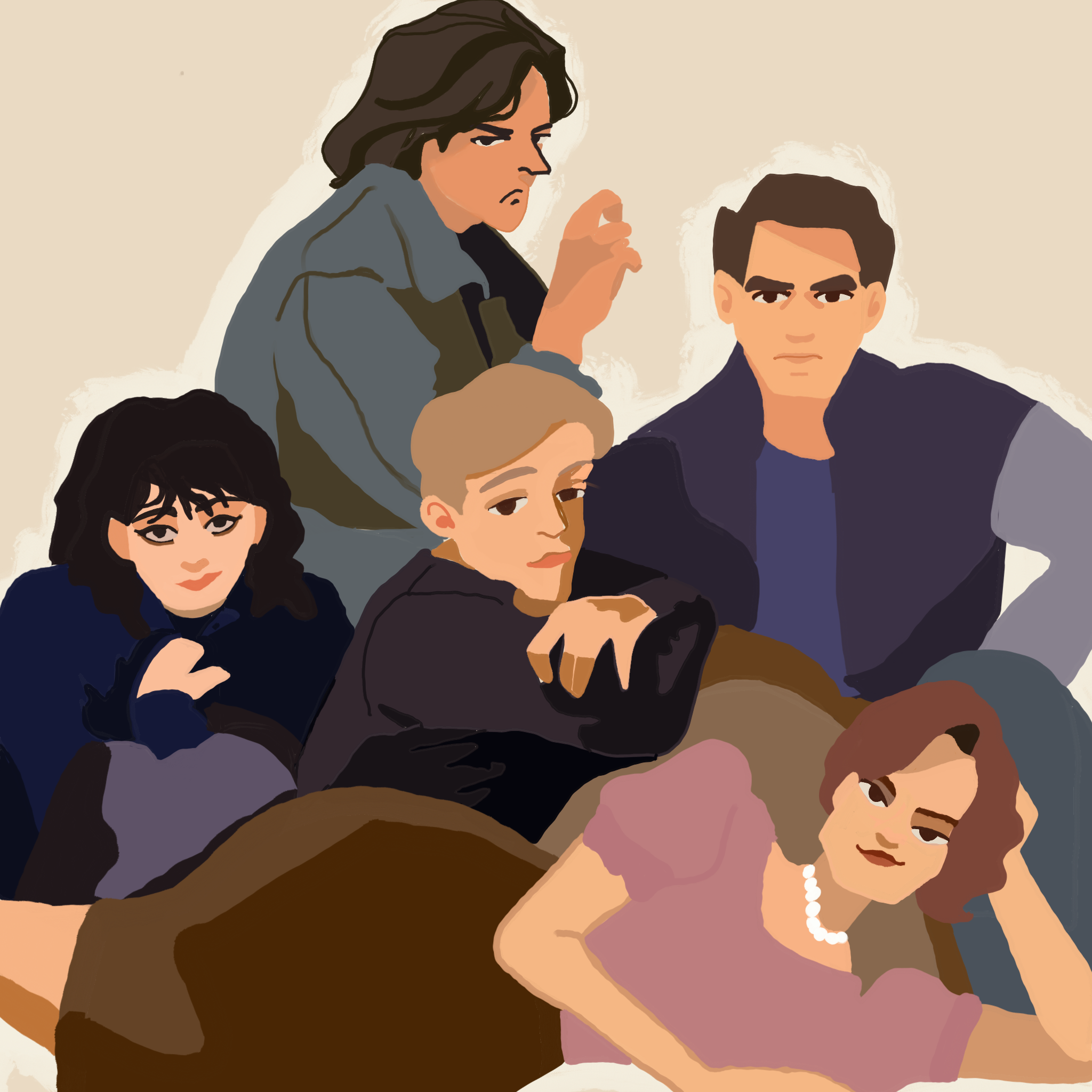Please visit response.fsu.edu for official FSU updates and resources.
Female Agency in John Hughes’ Films
 Coming-of-age movies have always been my favorite genre of film; not only did they showcase the tumultuous and relatable moments of teenage life, they provided me with the comfort that everyone faced struggles during their formative years. I was specifically a fan of John Hughes’ classic coming-of-age films from the 1980’s. I was absolutely obsessed with the charm of Ferris Bueller, the fashion of Andie Walsh, and the aesthetic of The Breakfast Club. While stuck inside during quarantine, I decided to have a John Hughes marathon. I thought I would simply re-watch and enjoy some of my old favorite films; however, this was not the case. In reality, I ended up being shocked and horrified with the way that these films, some of my all-time favorites, portrayed females and normalized sexual harassment.
Coming-of-age movies have always been my favorite genre of film; not only did they showcase the tumultuous and relatable moments of teenage life, they provided me with the comfort that everyone faced struggles during their formative years. I was specifically a fan of John Hughes’ classic coming-of-age films from the 1980’s. I was absolutely obsessed with the charm of Ferris Bueller, the fashion of Andie Walsh, and the aesthetic of The Breakfast Club. While stuck inside during quarantine, I decided to have a John Hughes marathon. I thought I would simply re-watch and enjoy some of my old favorite films; however, this was not the case. In reality, I ended up being shocked and horrified with the way that these films, some of my all-time favorites, portrayed females and normalized sexual harassment.
The Breakfast Club is one of Hughes’ most iconic and celebrated films. The film is centered on five characters who all represent a stereotypical high school archetype: the jock, the nerd, the prom queen, the loner, and the rebel. When I was young, I loved the dynamic of the characters because they were all so different from one another, yet, in the end, they were able to empathize with and appreciate one another. However, recently I watched this movie, and I could not believe that I was blind to the problematic nature of some of my old favorite characters. Bender, for example, represents the typical high school “bad boy.” I had previously found his rebellious nature exciting and even charming, but, in reality, his antics are often unacceptable. Throughout the film, Bender sexually harasses Molly Ringwald’s character, Claire, despite the fact that she repeatedly rejects his unwarranted advances. During one scene, Bender asks Claire sexual questions that obviously make her uncomfortable. While there is one redeemable moment where Andrew, the jock character, stands up for Claire, the sexual harassment was ultimately unchecked in the end because Claire and Bender actually end up together! It is shocking and sad to see that Bender’s inappropriate behavior was rewarded at the end of the film as the object of his harassment became his love interest.
These moments of sexual harassment and male aggression linger throughout many of Hughes’ most popular and beloved films. In Sixteen Candles, there is one moment where supposed teen heartthrob creepily tells another male character to “have fun” with an intoxicated and sleeping teenage girl. The way that females are portrayed in these classic coming-of-age movies is unacceptable 30 years later. The young men in these movies think that it is okay for them to not only demean women, but to take advantage of them. In turn, the females portrayed in these films are complacent to the environment they exist in. In John Hughes’ films, the female characters are not given the agency to stand up for themselves; instead, they are merely pawns in a sexist system.
Under the backdrop of the #MeToo movement, it was difficult to watch these classic John Hughes movies without being disgusted with the way sexual harassment is normalized. It was hard for me to admit that some of my favorite films were rooted in sexism and male aggression; however, it is also important to watch these films and recognize that this kind of behavior is wrong. Society has made progress in terms of female empowerment and sexual harassment since the initial release of John Hughes’ films. I don’t think we should simply erase these films from cultural consumption as a result of the antiquated portrayals of men and women, but I think it’s important that there are ongoing conversations surrounding the problematic nature of these films. We cannot erase how these films presented females and sexual harassment in the past, but we can make sure that this abusive culture is never normalized again.
Written by: Ashley Gill | Instagram
Art by: Caitlin Diamond | Instagram



